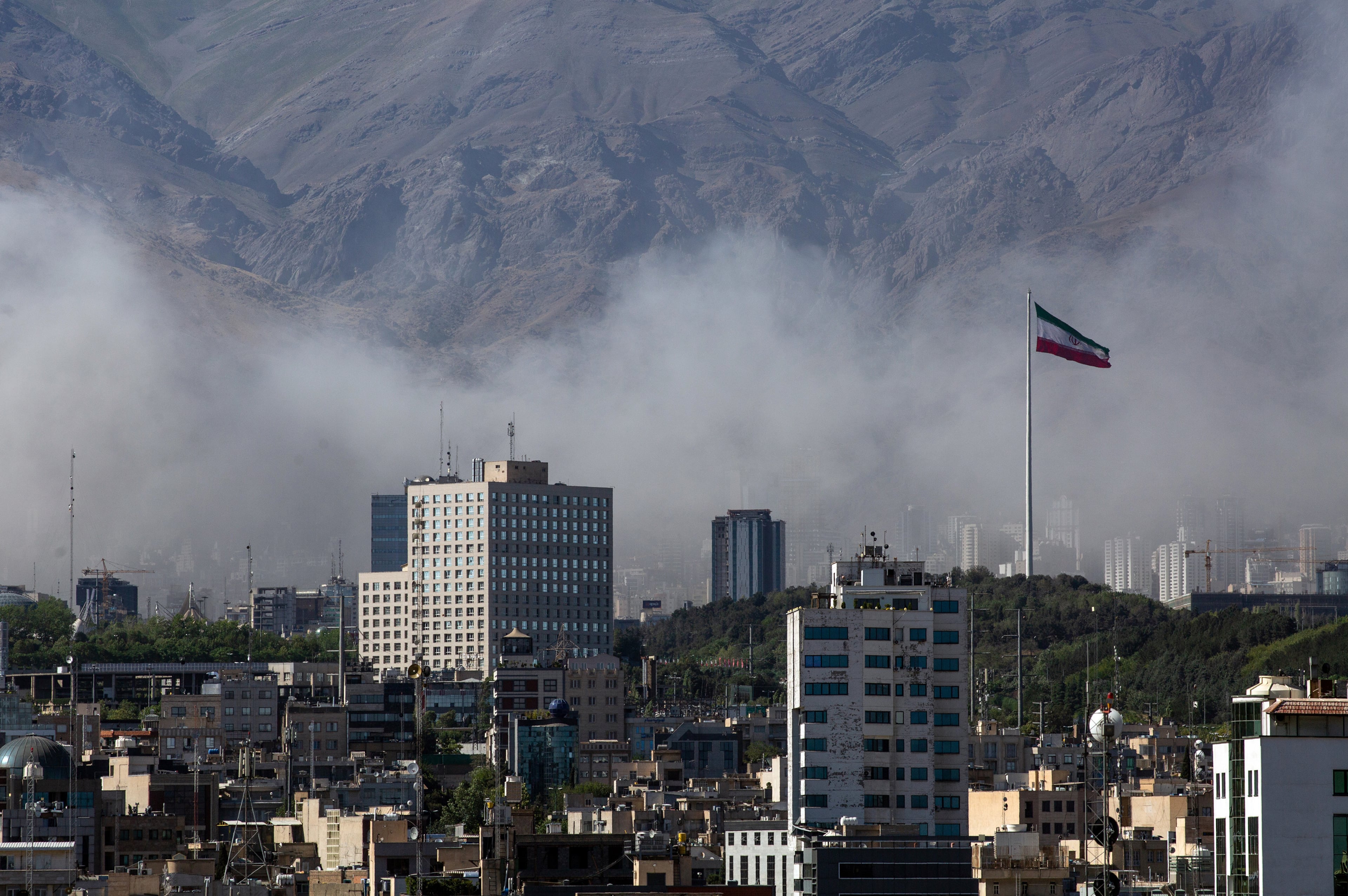At Supreme Court, Justice Antonin Scalia's impact still felt
Supreme Court Justice Antonin Scalia was larger than life. Turns out he's pretty influential in death as well.
The court's struggles to carry on with eight members since Scalia died Feb. 13 are well documented. The justices have deadlocked, 4-4, on three occasions so far. They have granted fewer cases than normal to hear next term. Oral arguments are devoid of Scalia's tough questions and incisive wit.
But Scalia's continuing influence has been felt not only through his absence. His presence while cases were being considered in the fall and winter has led to decisions this spring that shed light on his input during the last months of his life.
The 69 cases heard by the court this term, as well as a few others decided without oral argument, don't break down neatly into with-Scalia and without-Scalia. Twenty-five of the cases heard from October through January fit into both categories: They are cases Scalia heard in court and helped decide in private conferences with his colleagues.
After his death, two or more opinions that he was writing, as well as his always quotable concurrences and dissents, had to be subtracted. Whatever legal influence they would have had in the future was erased as well.
“The sum total of what we’ve lost is a lot bigger than just the one or two majority opinions that he had,” former U.S. solicitor general Paul Clement, who argues frequently before the court and who clerked for Scalia nearly a quarter century ago, says.
“History has probably lost some concurring and dissenting opinions as well. Sometimes concurring opinions or dissenting opinions become majority opinions (in future years). Sometimes it's a process."
Three cases in which Scalia's input was removed became 4-4 tie votes. By far the most consequential was the court's failure to bar public employee unions from collecting "fair share" fees from non-members. That represented a reprieve from a likely 5-4 ruling against the unions, widely anticipated with Scalia on the court.
The justices also deadlocked on a bankruptcy dispute between a Missouri bank and a development company that defaulted on its loans. And in a states' rights case pitting California against Nevada, the court locked up on the key issue -- whether a state can be hauled into another's court system.
It seemed likely that Scalia would have voted no, leading to a 5-4 decision overruling a Supreme Court precedent that dates back to 1979. He even may have been the author of that opinion.
"That would have been a clear overturning of precedent," something the justices rarely do, says Lisa Soronen, executive director of the State Local Legal Center. In addition, she notes, it would have been "another important victory for states’ rights."
Without Scalia, the justices had to resolve the secondary question in the case. They ruled 6-2 that a Nevada jury could not slap California with a higher damage award than Nevada could have received.
While Scalia's absence has not caused deadlocks in other cases so far, it likely affected numerous decisions -- perhaps even unanimous ones.
In a case that triggered a deep divide between conservative and liberal justices during oral argument in December, the court ultimately ruled 8-0 last month that states may continue to count all residents, rather than just eligible voters, when drawing election districts.
The opinion by Justice Ruth Bader Ginsburg was applauded by voting rights advocates, who had warned that counting only voters would cram more people into urban districts with the most non-citizens and violate the principle of "one person, one vote." But the decision merely allowed Texas to use total population, which it already does; it did not insist on it. That may have been a compromise, perhaps reached after Scalia's death.
"This is one of these cases that I don't think was always a unanimous vote," says John Elwood, an appellate lawyer who tracks the court closely. He theorizes that Justice Samuel Alito's 13-page concurrence -- in which he echoes the court's decision by saying "I would hold only that Texas permissibly used total population" -- may have started out as a dissent to a more sweeping verdict.
Scalia's voice also likely was heard when the court struck down a ban on stun guns in Caetano v. Massachusetts. Although the two-page ruling was unanimous, Alito -- perhaps channeling Scalia -- wrote a 10-page concurrence with 22 references to District of Columbia v. Heller, the late justice's most famous decision upholding the Second Amendment right to keep guns at home.
“If the fundamental right of self-defense does not protect (Jaime) Caetano," Alito said, "then the safety of all Americans is left to the mercy of state authorities who may be more concerned about disarming the people than about keeping them safe.”


